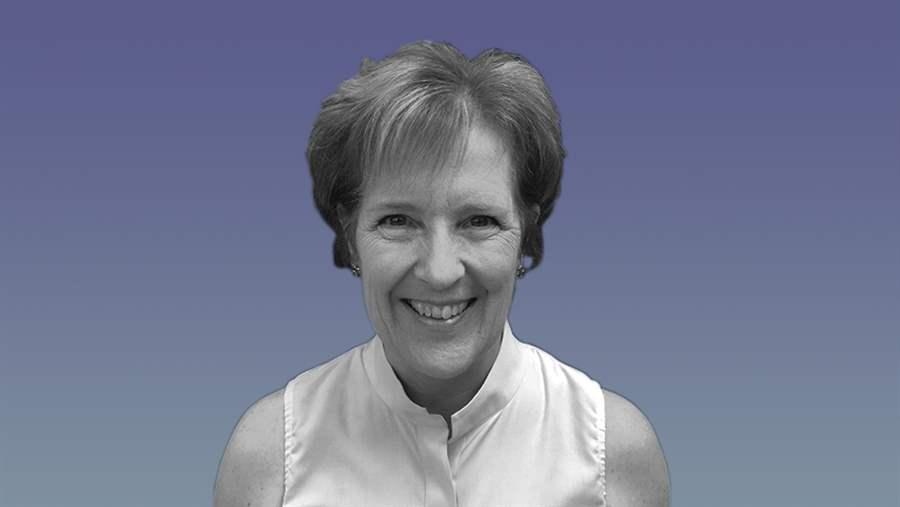Why Faith Leaders Are Talking About Dying: A Q&A with Wendy Fenn
Discussing end-of-life issues can help families make care decisions their loved ones would want
Third in a series of four
For more than five years, the Rev. Wendy Fenn served as the associate pastor for congregational life at the First Presbyterian Church of Dallas. The church provides a variety of end-of-life planning resources to its 1,500 members, including guidance on hospice care, legal and financial planning, and funeral and burial services. It even has a guide, “Preparing for End of Life: Easing the Way for Those You Love,” available on its website.
As Fenn ministered to parishioners confronting end-of-life questions, she drew on her experience as a hospice chaplain working with patients of all faiths across the city. More recently, she and the church’s director for senior adults introduced the Taking the Anxiety Out of Aging adult education curriculum along with the companion Conversation Project Starter Kit.
Here, Fenn reflects on her work with families—both at the church and while working in a hospice.
Q. Why is it important for faith communities to talk about end-of-life issues?
A. I’ve seen the aftermath when they don’t. I have seen families stressed beyond belief because they don’t know what to do to honor the one they love. People are uninformed [about end-of-life issues] because we deny death in our society, and I believe it is our job as faith leaders to open the door for these conversations.
I began to draw the conclusion that doctors are afraid to talk to families, and with good reason. Families push back and say things like, ”Don’t tell me she is near the end. I know you can do something else.” Some very good medical professionals may hesitate to bring up the idea of hospice because of this pushback. So people sometimes don’t get the guidance they need from the medical community. This is where the faith community can help and open the door for the family to ask the doctor.
Getting people to talk about this topic can be like pulling teeth, but when we offer a class it’s surprising how many people show up. Many open up to the topic after they experience the difficulties of end-of-life decisions with their own parents, and they don’t want it to be so hard on their own children. They also like the idea of having a hand in end-of-life decisions for themselves, to the degree that they can.
Q. Have you seen discernible effects of the classes offered in your congregation?
A. Yes, I have. There was one couple, baby boomers in their mid-60's, who attended classes. Within six months, he was diagnosed with melanoma after being perfectly healthy. Six months later, he was gone.
Having gone through the class helped his wife make decisions that she never thought she’d be facing so soon. I believe it helped him as well. He had made his decisions before the crisis hit.
Q. When you teach about hospice and end-of-life issues, how do you address the role of faith?
A. In life and death, we belong to God. Our faith tells us how to face death. Talking about end-of-life can begin the process of facing one’s death. I talked about how everyone I encounter has fear, [whether they are] Christian or not. Facing end of life is not about avoiding fear, but developing trust and letting yourself be heard, so that that your wishes will be respected. If faith is a way to give us courage to face life as it is, then it also needs to help us face the end of life.


America’s Overdose Crisis
Sign up for our five-email course explaining the overdose crisis in America, the state of treatment access, and ways to improve care
Sign up

How Faith Communities Facilitate Conversations Around End-of-Life Concerns
Interviews show the benefits of training and engagement on advance care planning
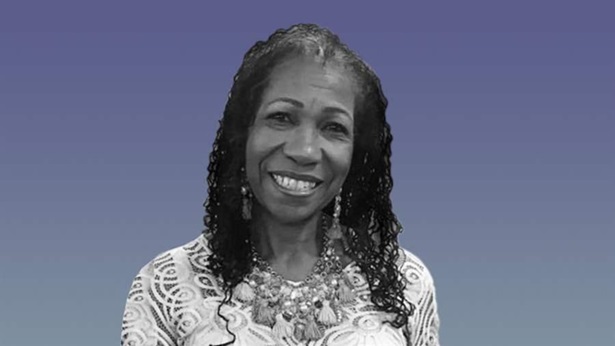
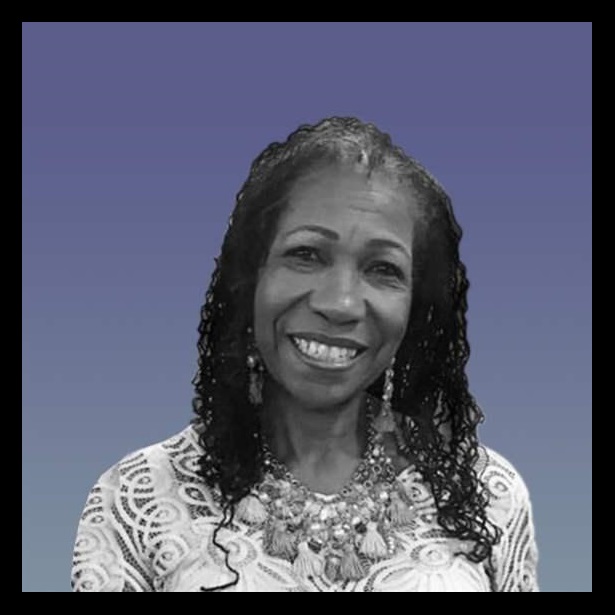
Why Faith Leaders Are Talking About Dying: A Q&A With Gwendolyn Phillips Coates
How she’s educating African-American communities about end-of-life planning.
Learn More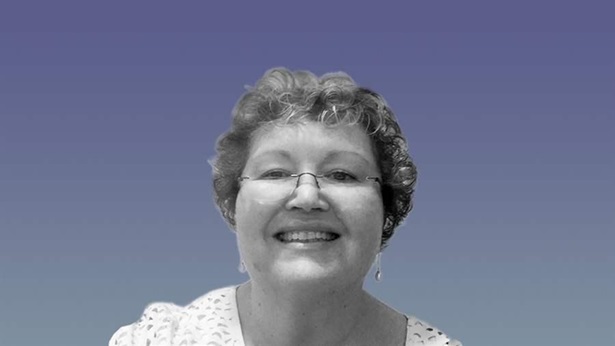
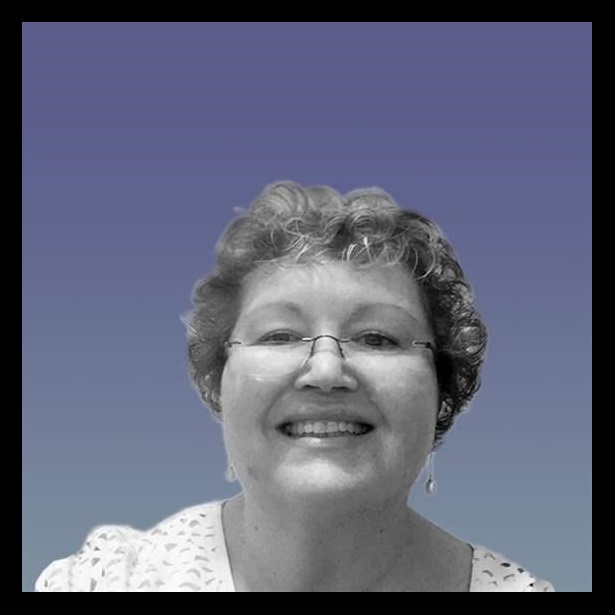
Why Faith Leaders Are Talking About Dying: A Q&A With Pam Pilote
How she’s helping church congregants advocate for themselves.
Learn More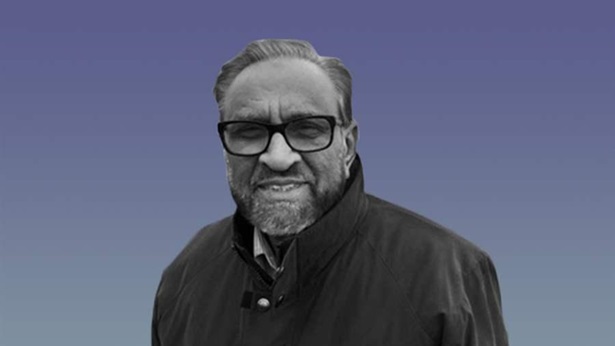
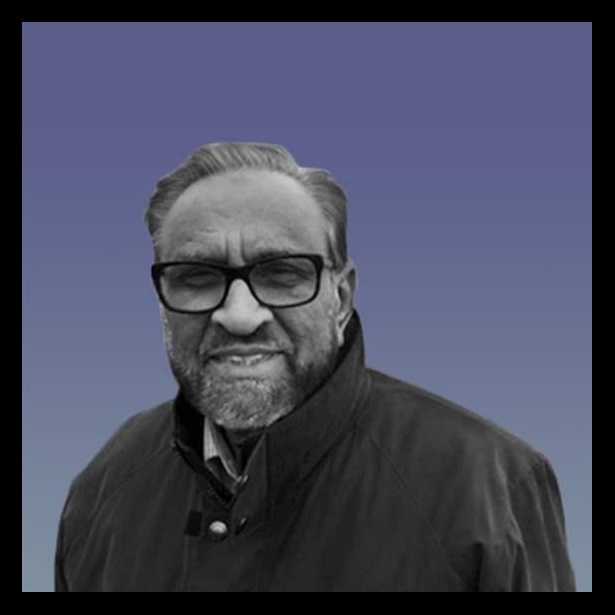
Why Faith Leaders Are Talking About Dying: A Q&A With Y. Khalid Siddiq
How he's overseeing outreach programs and education.
Learn More